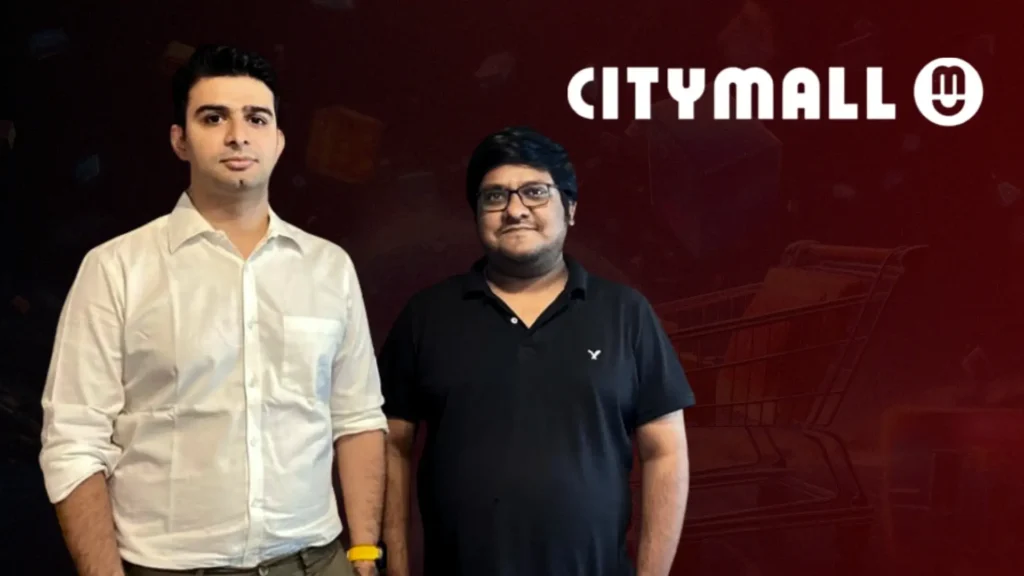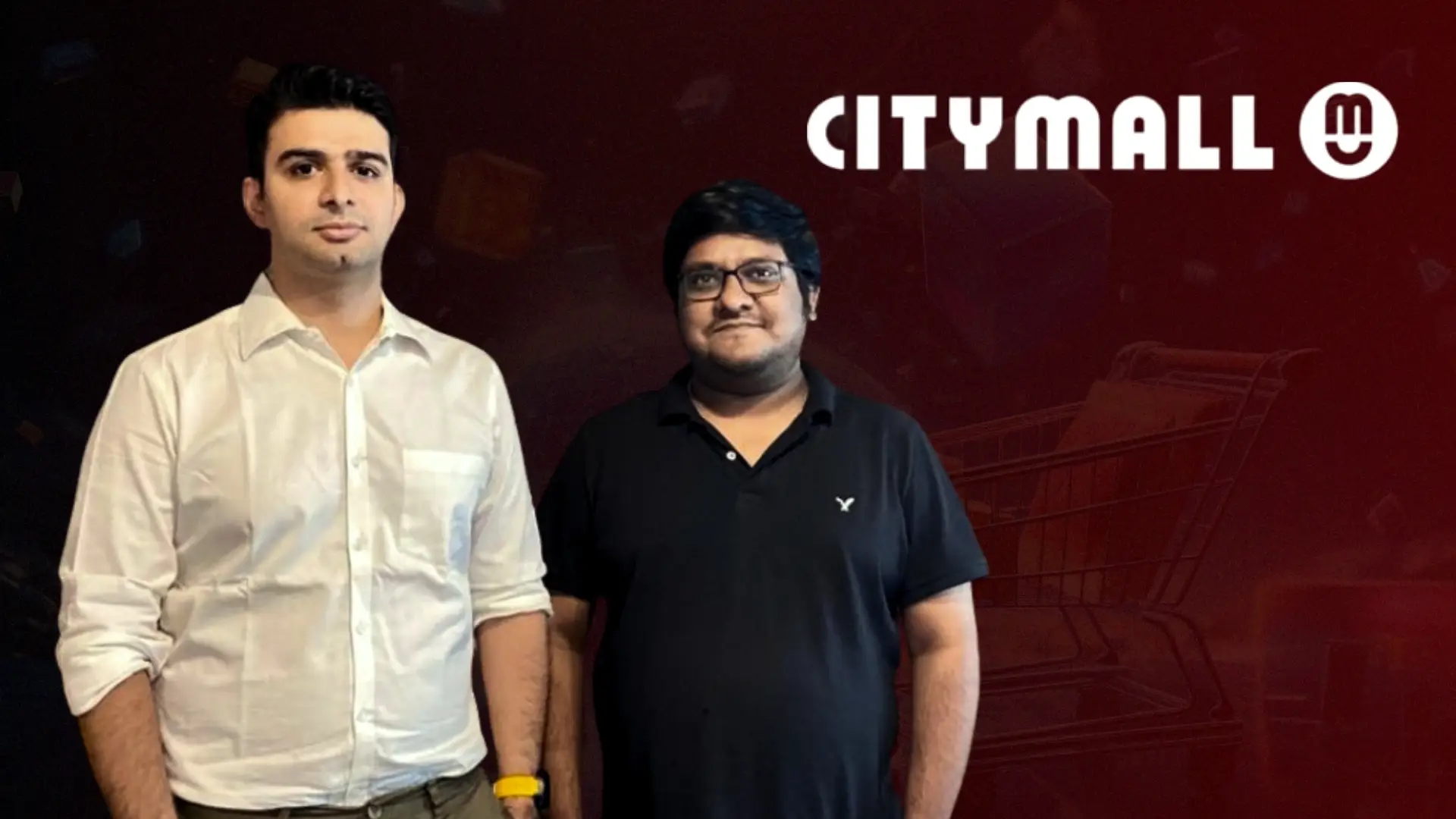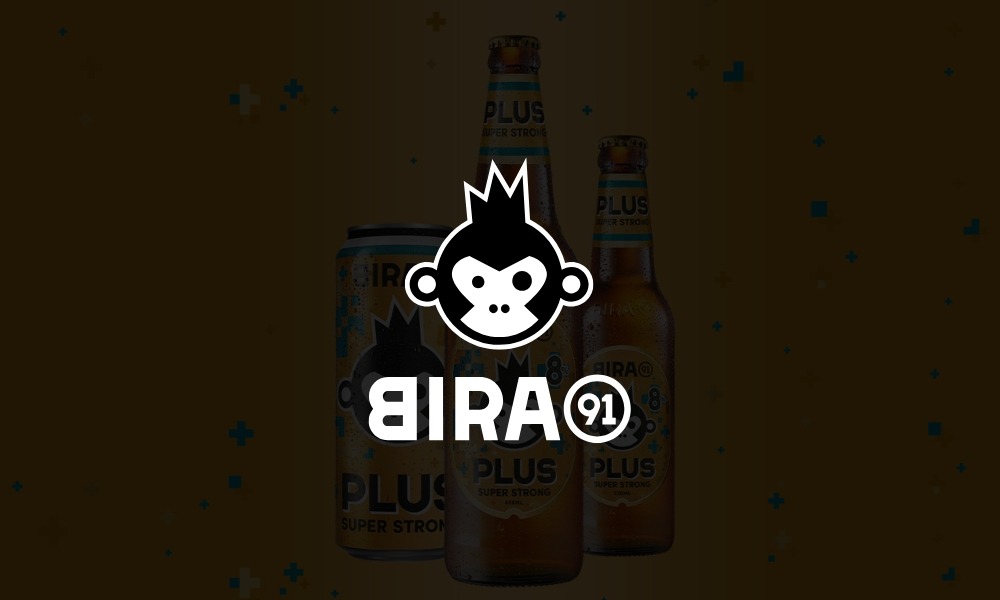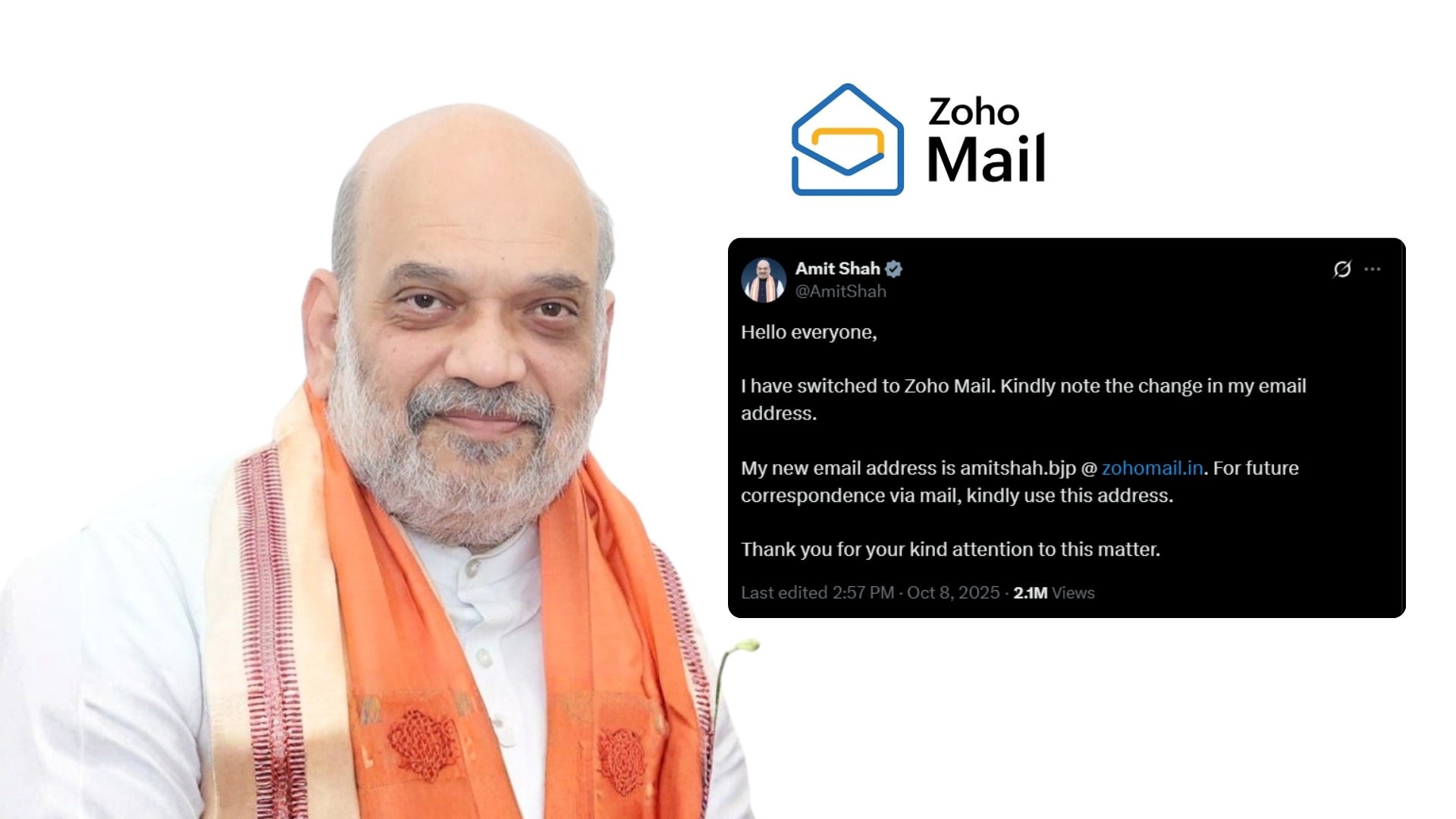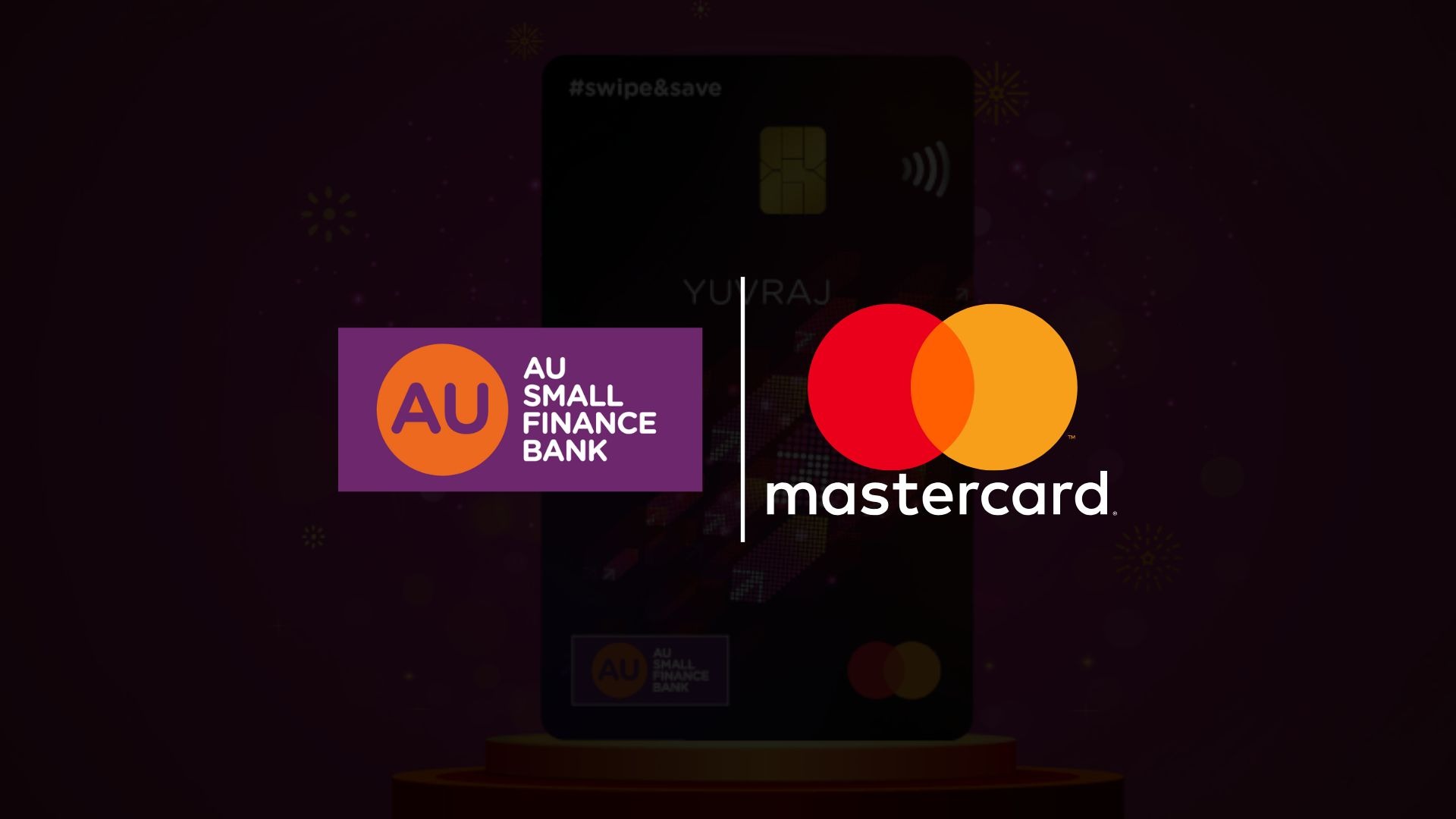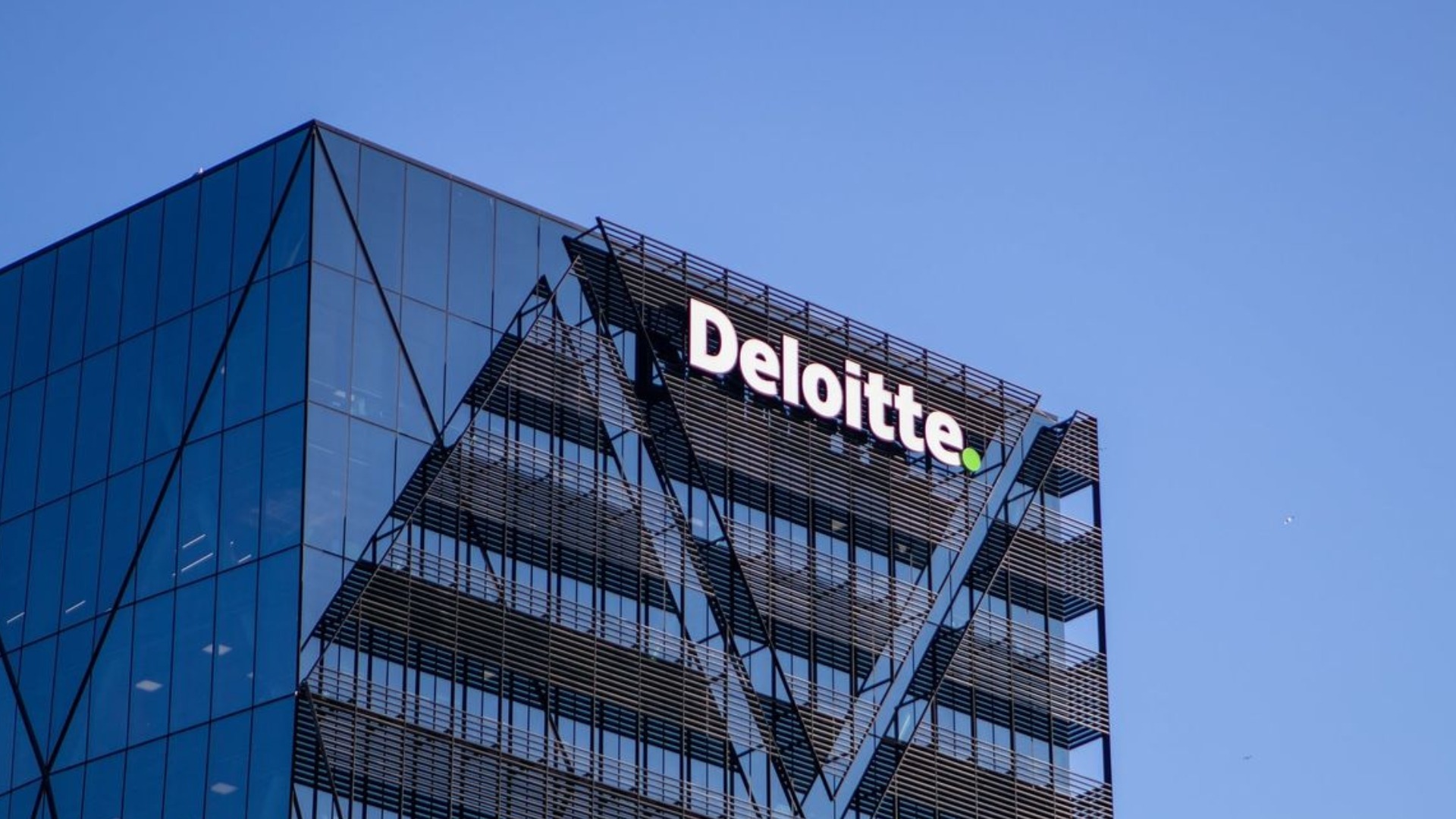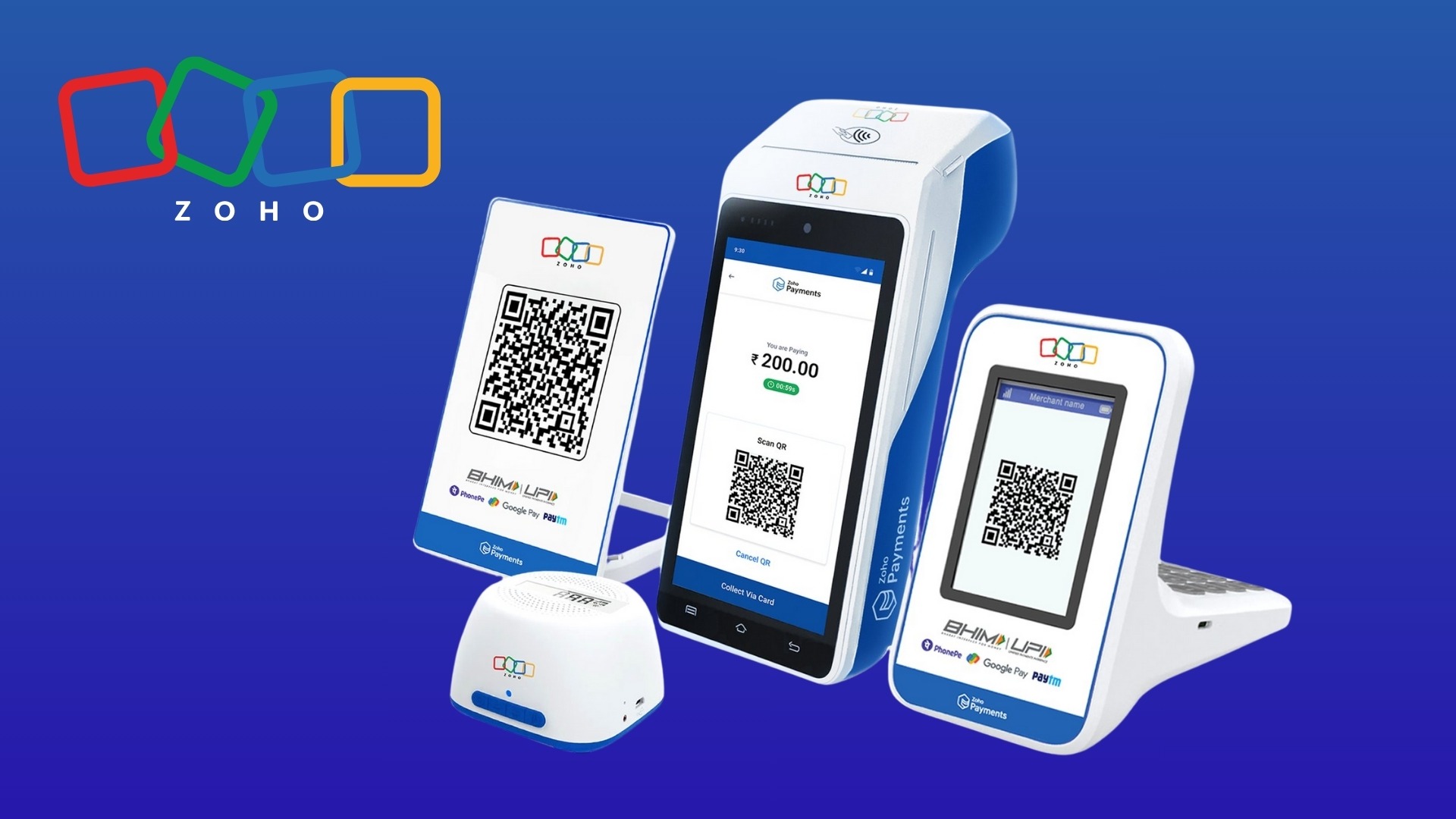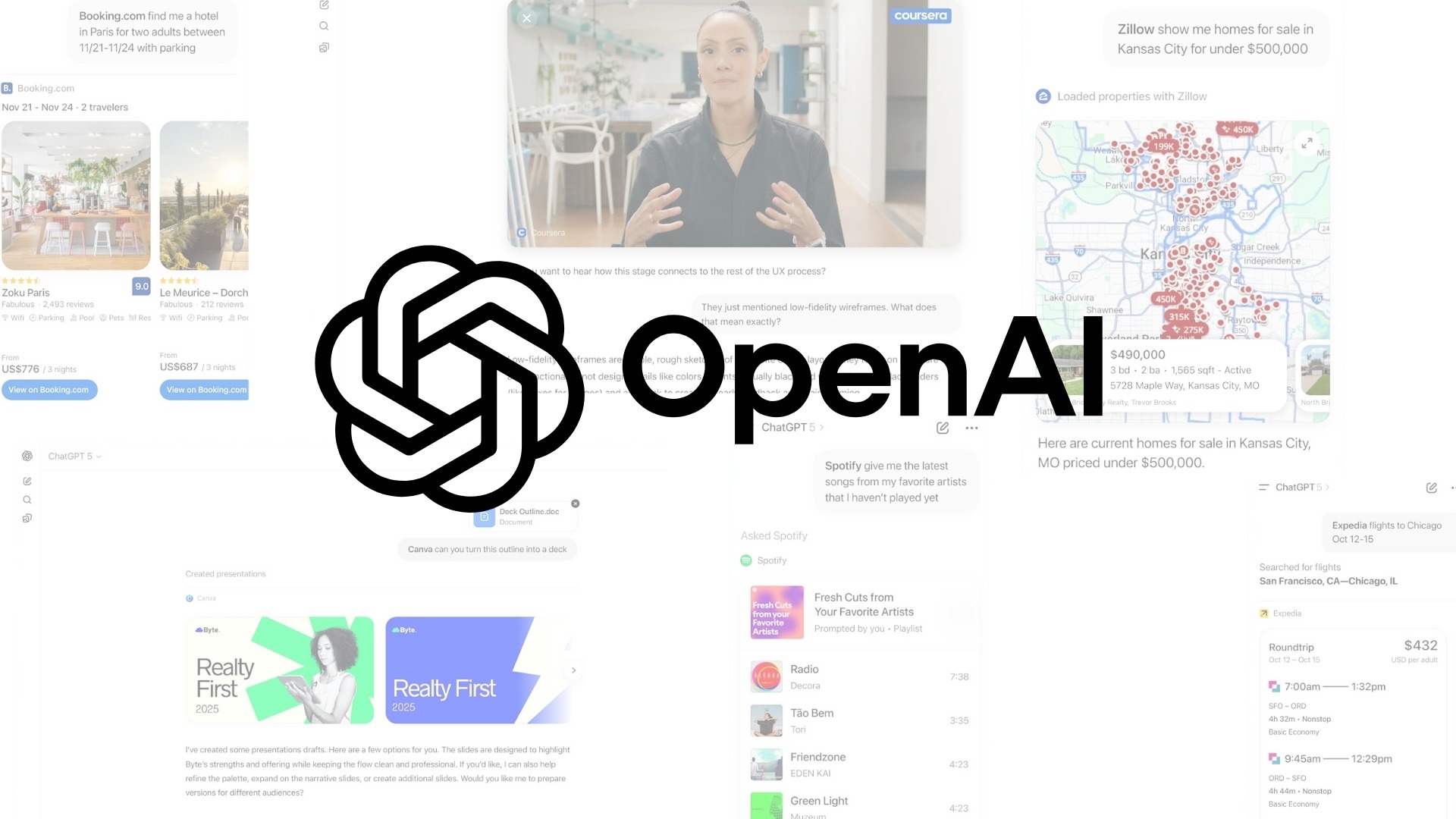Today, in urban areas especially, we all have shifted our focus to quick commerce for everyday needs. We are getting everything to our doorstep, but earlier it wasn’t the case. But even today, it is the same in the rural parts of India. Now it is not just the speed at which it is getting delivered but also the whole experience and the costs and other important criteria.
Tier II/III towns and villages remained underserved. Issues like high cost of delivery, lower order frequency, low average order value, limited trust, and constrained customer acquisition (CAC) in dispersed geographies made many big players find it inefficient to serve these markets profitably.
That’s when two engineers observed the gap, and that’s how, by solving the problem, they ended up creating a brand generating hundreds of crores in revenue.
The story that I am talking about is CityMall.
CityMall was founded in 2019 by Angad Kikla and Naisheel Verdhan (both with technical/entrepreneurial backgrounds). Later, Rahul Gill is also credited as a co-founder in later funding rounds.
CityMall’s founding thesis was “Bharat first” or “value-first”: bring online commerce to people who didn’t have premium choices but paid a high price for essentials.
CityMall’s early traction came from community/social group buying approaches (WhatsApp groups / community leaders) before pivoting to a more structured supply chain.
To reduce the cost of customer acquisition and to build trust, the founders initially experimented with group buying via WhatsApp or having small clusters of people order together. Long-tail, interesting/low-volume, hard-to-find items were part of the initial catalog.
But interestingly, they noticed that the items people bought most often and with the least resistance were the everyday essentials: groceries and FMCG.
The original social commerce/group buying/WhatsApp model was useful to get early traction, but as they scaled, CityMall realized they needed to better control cost, delivery fulfillment, stockouts, and quality. So they gradually moved to a more structured supply chain, warehousing, more categories, a better mix of private labels, and improved operational efficiency.
But this all happened in a structured and organized way. Starting in a few smaller towns in Haryana and surrounding areas, CityMall expanded to multiple cities across multiple states. This allowed them to leverage scale (warehouses, supply chain, sourcing) while still keeping focus on value markets.
Now they have the scale and distribution, but these are not the only things that worked out for them. There are some unique parameters that really worked for them. First, rather than chasing urban convenience or instant delivery, CityMall emphasizes affordability, access, and serving underserved towns. Price sensitivity rather than premium convenience has been a priority.
Then many startups ignore per-order costs in value markets. CityMall appears to have iterated to reduce delivery/logistics costs, improve fill rates, reduce waste, and manage inventory well. Achieving operational breakeven is proof of this.
One more interesting point is their focus. They focused on essentials, FMCG, and items that people buy repeatedly. Not trying to cover everything super early and carefully curated choices and private labels helped them to control prices and have more SKU focus where demand is predictable.
That’s how they carefully structured it and built a great business. The company has scaled up so well. In FY24 revenue for CityMall was ₹459 crore, up from ₹378 crore in FY23.
They hit operational breakeven in FY25 by reworking the supply chain, improving cost efficiencies, etc. That suggests their scale is now large enough to see meaningful margin contributions.
And now they are focusing and building the future in a strong manner. By expanding their product offerings and presence, they are targeting a bigger share in this business.
As they expand into new towns, with more warehouses and more logistics, costs might rise. If not managed, growth could come with losses. Maintaining per-order profit is hard with low ticket sizes. Competitive pricing, faster logistics, or bigger brand deals could squeeze CityMall.
Because this is a competitive market and other players are backed with strong capital.
In less than five years, CityMall scaled from a startup idea to a strong brand backed by some of the biggest global investors.
The company has raised over $165 million, including a $47 million Series D round in September 2025 led by Accel, with participation from Elevation Capital, Jungle Ventures, Winter Capital, and General Catalyst.
So, that’s how the journey of CityMall is going on. Let’s see how this turns out in the future.
Also Read: How Bira 91 Revolutionized Indian Beer and What’s Coming Next

